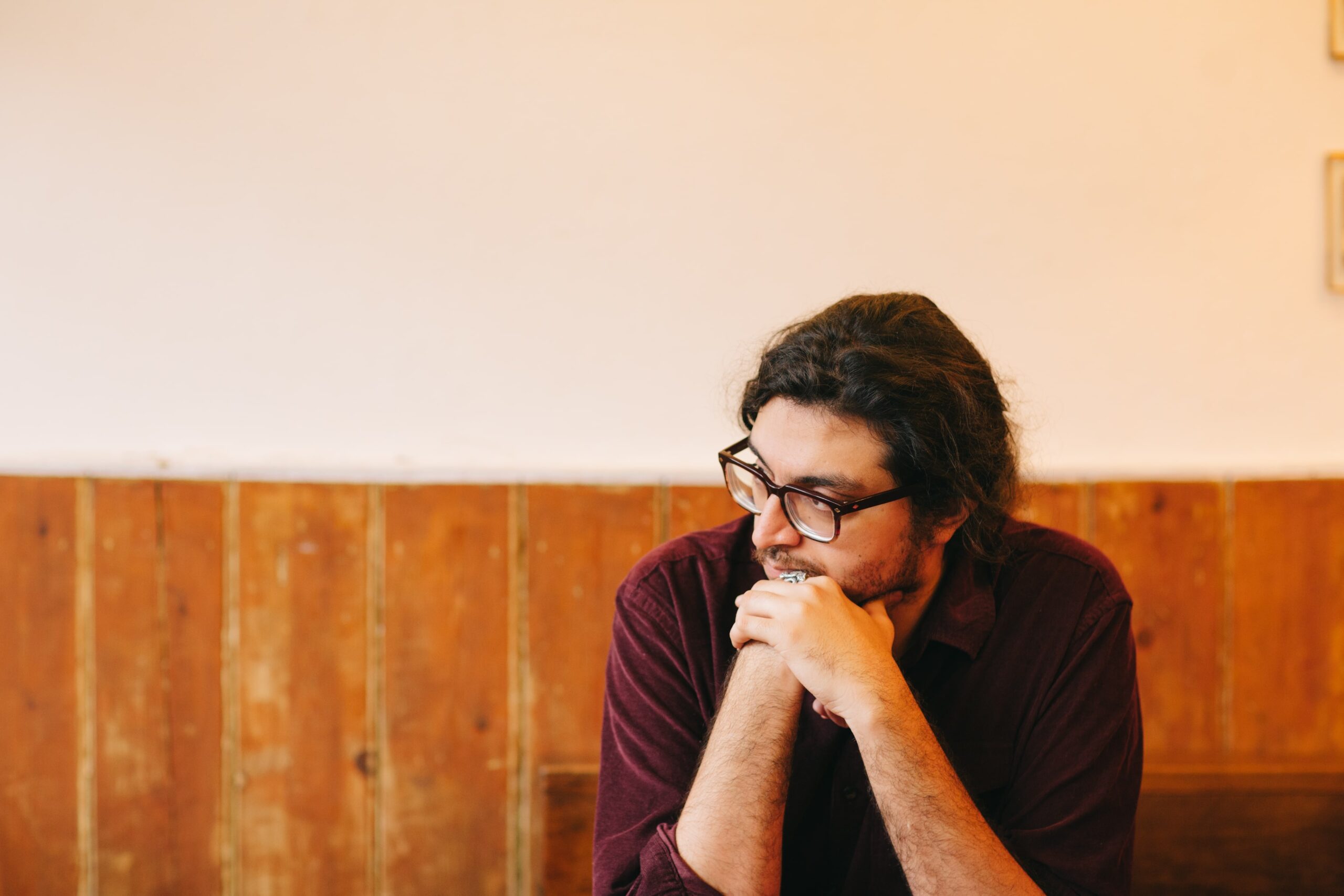
Arash Azizi: Public opinion doesn't mean shit if you're not organized
Writer and historian discusses protest in Iran, elections and organizing resistance.
|05.11.2024
|
Even the most pro-regime candidates have to admit that the economy, especially, is doing very badly.
Even though I'm a historian, I'm also a political activist.
It's not just about “we want Mr. A instead of Mr. B,” but we want them to have an expansive social, political, gender agenda for freedom and equality.
Unfortunately, there's a tradition on the left today where people just sort of lie to themselves or when a question is inconvenient, they put it aside.
There's some sort of a competition, if you will, between reformists within Iran and the opposition abroad.
This is true all the time — if you're in opposition to a government and your country goes into a war, it's going to be hard for you to navigate.

Arian Lumezi
Arian Lumezi is a journalist at K2.0. He holds a master’s degree in International Journalism from Cardiff University, pursued through a Chevening scholarship.
This story was originally written in English.